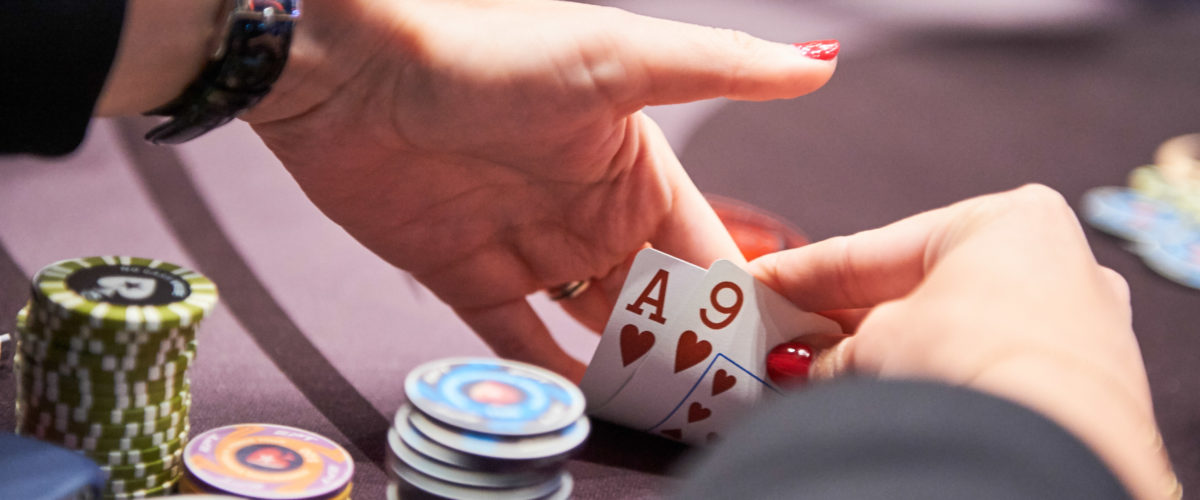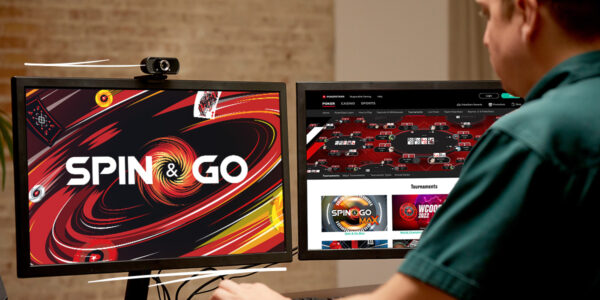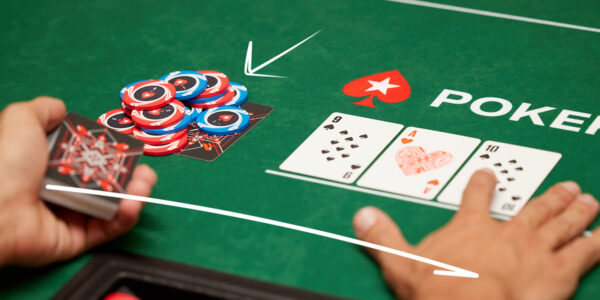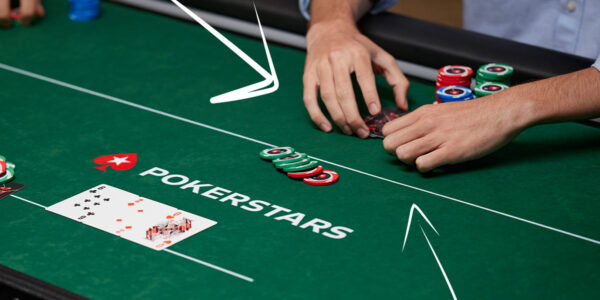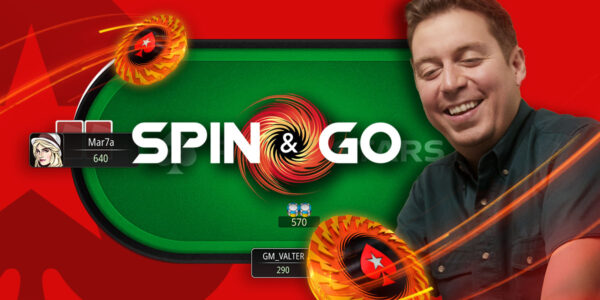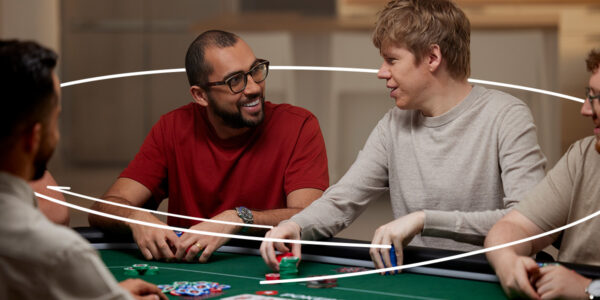3 Tips for Defending Your Blinds
When we first learn to play the game, we are taught not to play marginal holdings out of position, but in short-handed formats where the blinds are attacked with very wide ranges, playing marginal hands out of position is exactly what we need to do. Let’s start with some simple maths.
Understand the EV of Folding
What we must remember is that, from the point of view of the full hand, folding our big blind costs us 1BB. Its EV from this perspective is -1BB. Many of the hands that we need to defend in the big blind will also cost us money when we play the same spot over thousands of trials, but they may lose us less than 1BB. Let’s take an example:
Imagine that Hero is dealt J♠ 7♠ and faces a 2.5BB raise from an aggressive regular on the BU. Folding will cost 1BB. In order for calling to be better than this, we shall need to get back our 1.5BB investment and a little bit extra on average. This could lead to us recouping a little bit of that big blind we posted. Perhaps our EV by calling will only be -0.8BB instead of -1BB.


After we make this call, the pot will be 5.5BB (2.5BB from each player plus the dead SB). If we can get back more than 1.5BB on average then we have made a profitable pre-flop call as we have regained our investment plus some of our BB that we would have surrendered in its entirety by folding pre-flop. Even if our pre-flop call is still a losing situation in the long-term, folding might have cost us more. The question now becomes: how much of this pot are we entitled to on average based on our hand vs. Villain’s range, our position, and the relative skill levels of each player?
Our hand is clearly not a powerhouse, but against a 45% BU opening range, which is close to what we might expect from an aggressive opponent, we have a respectable 42% equity. Of course, we do not expect to realise all of this due to our poor position, but we would expect to get back at least around a third of this pot on average. To break even on the pre-flop call, we only need to recoup 1.5BB which is 27% of the pot. We can make a good call here that will lose us less money than folding would.
3-Bet to Deny Villain’s Equity
While it is fine to defend your big blind by calling small raises, it is also important to throw some 3-Betting into the mix. The idea here is that an in-position raiser will do quite well if he is always allowed to see the flop. He acts last on every street and can control the pot-size effectively. Also note that 60% of the five community cards appear on the flop. This means that a button raiser will realise 60% of his equity when called by the BB. In order to bring that 60% down to 0% we shall need to charge the late position raiser from time to time, forcing him to make speculative calls with his weaker holding or surrender the whole pot.
What hands should we 3-Bet with from the BB against a steal? A good starting point is to always 3-Bet a late position raiser with hands like [TT+ AQo+ KQs+ AJs+]. These hands are very far ahead of Villain’s opening range and will even be in great shape if he calls the 3-Bet. It is very much in our interests to force Villain to pay more to see flops when we are holding a hand that is such a clear favourite. Do not let the in-position player see three or four cards for free when he has such a wide range and you have such a powerful hand.
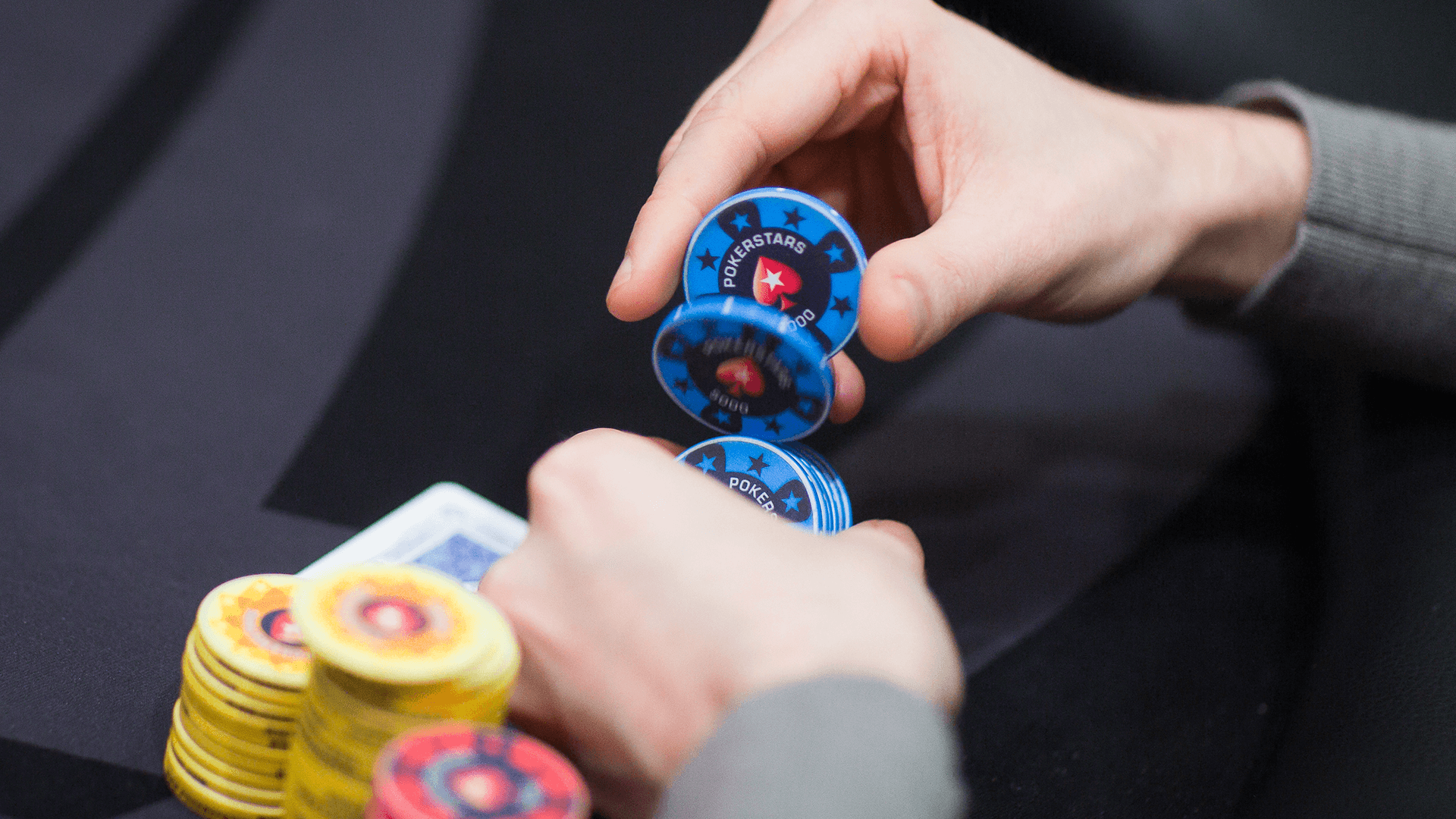

On top of this, we should also look to mix in 3-Bets with some hands that are in okay shape when called and would very much like to end the pot now, denying Villain any way of realising equity when he holds a weak hand. Hands like [77-99 ATo-AJo KJo-KQo+ A2s-ATs K9s-KJs+ QTs+ J9s+ T8s+ 98s 87s 76s] can either be used as a 3-Bet or a call in the BB facing a BU raise. Although many of these hands are not ahead when Villain calls our 3-Bet, they will make up for marginal equity by winning the pot uncontested pre-flop enough of the time.
3-Bet often and aggressively to dissuade players from thinking that they can steal your blinds without repercussions.
Pay Attention to Open Sizing.
There is a great deal of difference between facing a 2BB open and a 3BB open. Hands such as: [85s, 98o and A5o] are mandatory defends to the smaller size and mandatory folds to the larger one. Your pot odds are your measure of how well your hand needs to perform in order to call; listen to them. Against larger open-raises, calling becomes a worse idea as the investment becomes too large in relation to the pot size. Where players are choosing to open with very large sizes such as 3.5BB or 4BB, look to 3-Bet most of the hands that you are playing and make your opponent justify why he is investing so much money with a wide range. Beware that there can be a very large swing in EV between calling a small raise and calling a big one.
Conclusion
Transitioning from a solid beginner to an intermediate player is all about understanding when to leave the safety net of ‘tight is right.’ Blind defence in late position battles is one of the first areas in which you should look to do this.


